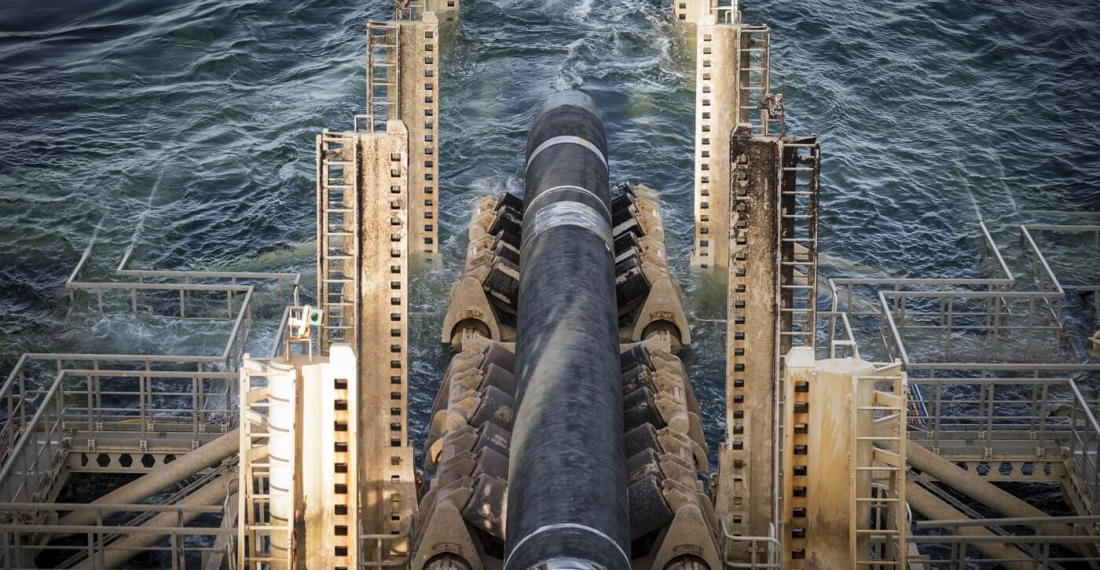The Polish Prime Minister, Mateusz Morawiecki, is going to call on the new German Chancellor, Olaf Scholz, to stop the start-up of the Russian gas pipeline Nord Stream 2. Poland, Ukraine and other countries in Eastern Europe are concerned that the Kremlin could use the pipeline as a weapon tool against Europe.
"I will call on Chancellor Scholz not to give in to pressure from Russia and not to allow Nord Stream 2 to be used as an instrument for blackmail against Ukraine, an instrument for blackmail against Poland, an instrument for blackmail against the European Union", Morawiecki said during a visit to Rome.
According to critics, the pipeline makes the European continent too dependent on Russian gas supplies and provides Moscow with a powerful instrument. Moreover, the new pipeline will allow Russia to exclude Eastern European countries such as Ukraine for gas transits. These countries currently collect payments for the gas transported through their territory, but Nord Stream 2 is running under the Baltic Sea to Germany.
Warsaw hopes the new government will change its position on Nord Stream 2. Under former Chancellor Angela Merkel, Germany continued to support the pipeline's construction, to the displeasure of many governments in Central Europe.
According to Polish media, the new Chancellor Scholz will visit the Polish capital, Warsaw, next Sunday.






